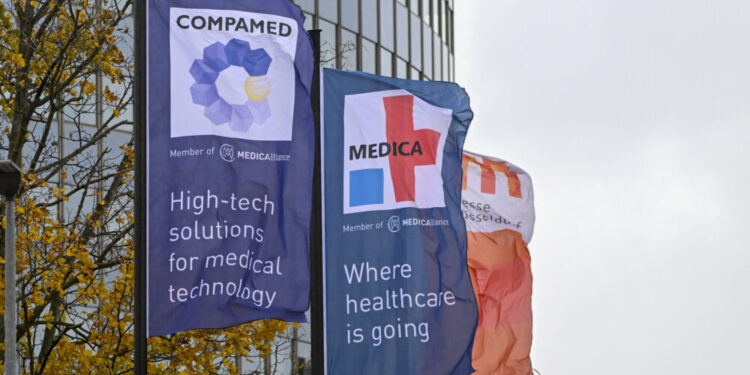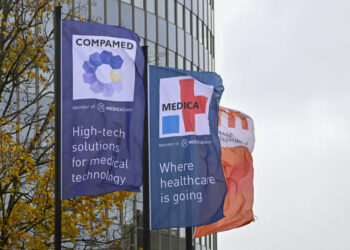
In recent years, blockchain technology has gained increasing popularity for its ability to provide secure and transparent data storage and transfer. In East Africa, this has led to a growing interest in exploring blockchain technology for data privacy and security in healthcare.
One of the primary benefits of blockchain technology in healthcare is its ability to provide a tamper-proof and decentralised system for storing and sharing medical records. This is particularly important in East Africa, where access to medical records is often limited, and there are concerns about data privacy and security.
Features that have made the blockchain technology a more preferred option include decentralisation, immutability, auditability, and transparency.
A close case-study of the application of the blockchain technology in Kenya is Medixus, the new medical social network, aiming to connect the world’s global healthcare community. The blockchain-based platform enables healthcare professionals to communicate and collaborate securely. The platform provides a secure and transparent system for sharing patient information, enabling faster and more efficient healthcare delivery.
Miles away in Tanzania, AID:Tech, an Ireland-based organisation, and PharmAccess Foundation that offers healthcare access across Africa, the project, launched a project which was inspired by personal experiences of wastage and fraud in aid distribution. It targeted vulnerable and underprivileged pregnant women in Tanzania by using blockchain technology to collect data on each woman and storing it as medical ledgers which ensured that they were able to access pre- and postnatal services, and their babies, once delivered, never missed crucial medical attention. The system also made it possible for each woman’s medical needs to be attended to promptly based on the medical records that captured each woman’s health condition.
AID:Tech has also been involved in the digitisation of the National Health Insurance Fund (NHIF) in Tanzania. The company has developed a blockchain-based system that enables NHIF members to access healthcare services using a digital identity that is linked to their NHIF account. The system also allows healthcare providers to verify the identity of patients and receive payment directly from the NHIF.
AID:Tech’s system is designed to improve transparency and efficiency in the delivery of healthcare services in Tanzania. By using blockchain technology, it is able to provide a secure and transparent platform for the management of health data and payments, which can help to reduce fraud and improve the accuracy of records.
Another interesting project in Uganda is Mediconnect. This blockchain-based platform tracks the distribution of drugs and medical supplies in the country. In addition, it allows for the tracking of drugs from the manufacturer to the patient, which helps to reduce the incidence of counterfeit drugs and improve the overall efficiency of the healthcare system.
In addition to these examples, blockchain technology is also being explored in other areas of healthcare in East Africa. For example, blockchain-based platforms are being developed to provide secure and transparent systems for tracking the distribution of vaccines and other medical supplies. This has the potential to greatly improve healthcare outcomes in the region, where access to medical supplies is often limited.
One of the main challenges facing the adoption of blockchain technology in healthcare in East Africa is the lack of infrastructure and technical expertise. However, this is gradually changing, with the growing interest in blockchain technology across the region. Governments and healthcare organisations in the region are starting to take notice, with some countries launching initiatives to promote the adoption of blockchain technology in healthcare.
In conclusion, blockchain technology is being explored in East Africa for its potential to provide secure and transparent data storage and transfer in healthcare. The above-mentioned examples highlight the growing interest in the potential of blockchain technology to improve healthcare outcomes in the region. While there are still challenges to overcome, the increasing awareness in blockchain technology is a positive sign for the future of healthcare in the region.



















